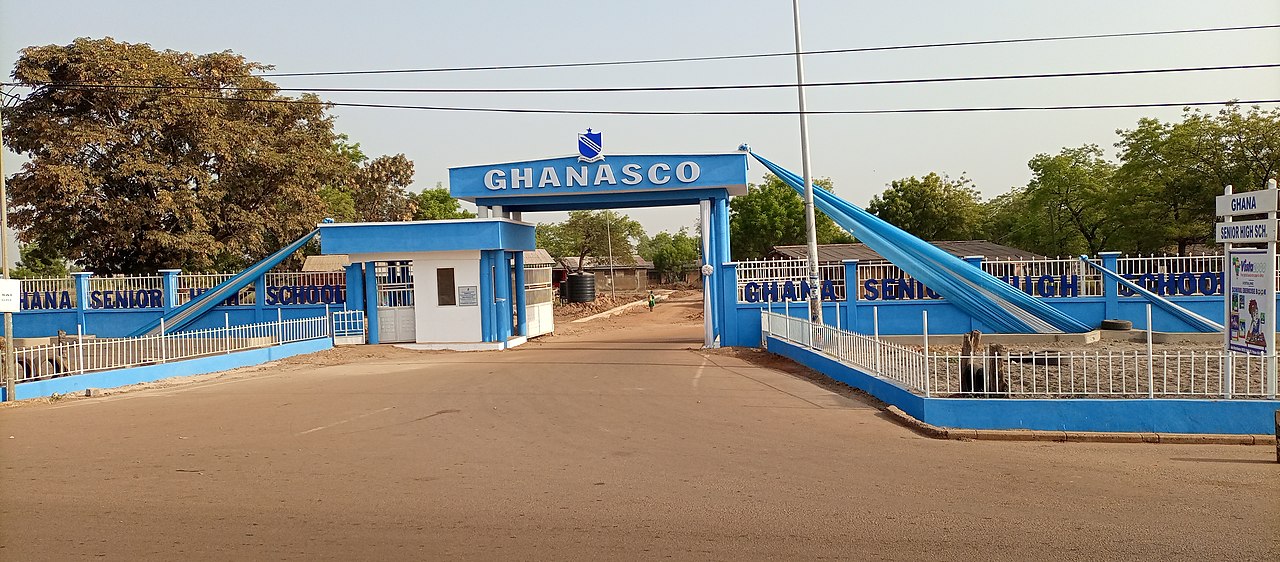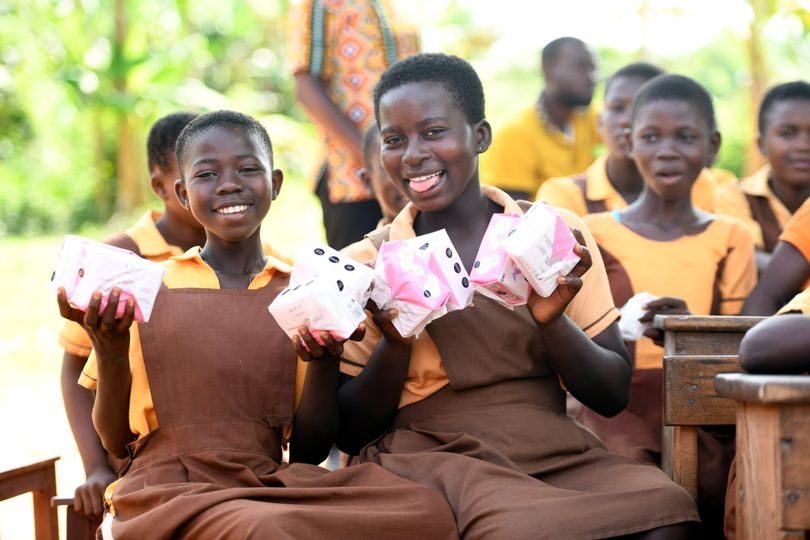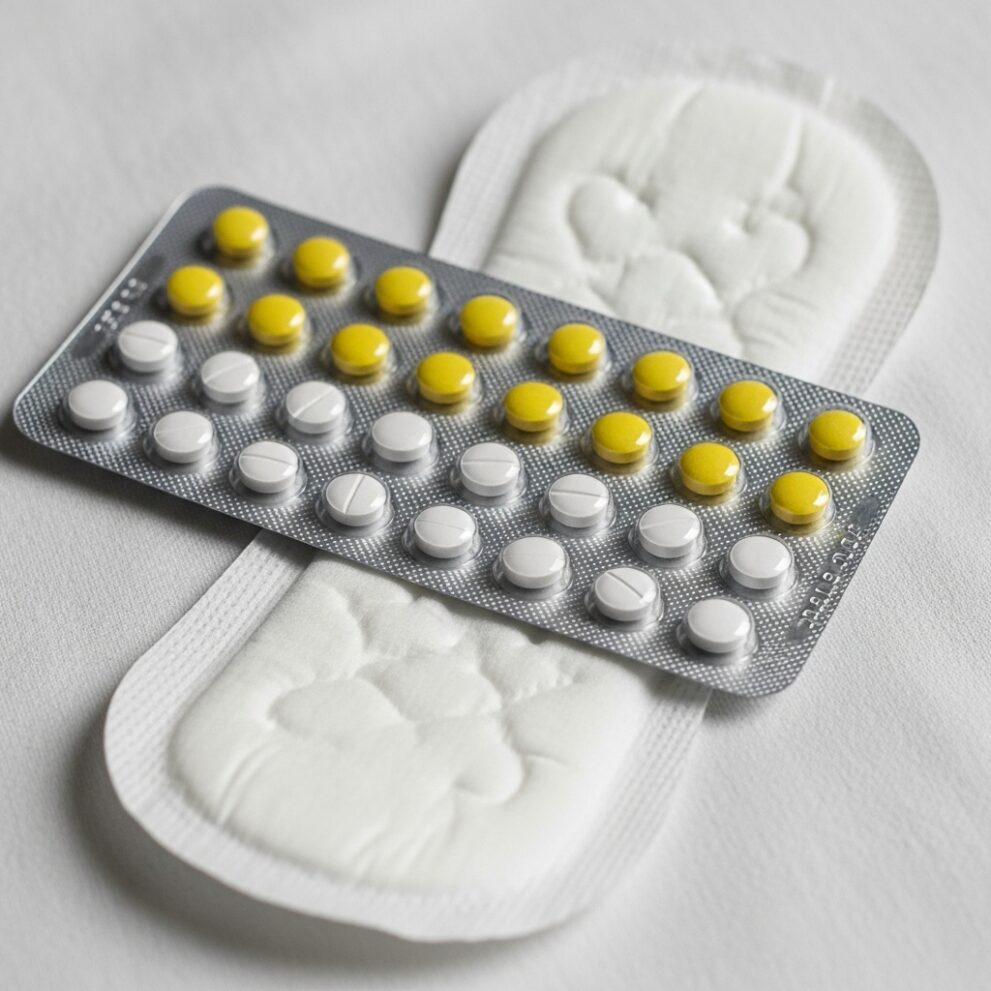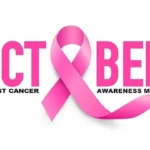
On October 6, 2025, the Ghana Senior High School (Ghanasco) in Tamale became the site of a transformative outreach programme that placed menstrual health and youth empowerment at the centre of national conversation. Organised by Speciallady Awareness in collaboration with the NLA Good Causes Foundation, the event carried the theme “Empowering Young Voices for a Healthier Future” and the sub-theme “Breaking the Silence: Youth Advocacy and Menstrual Health.” It was a deliberate effort to amplify youth leadership in health advocacy, particularly in relation to menstrual hygiene, stigma, and reproductive health rights.
The outreach was both symbolic and practical. Symbolic, because it coincided with preparations for the International Day of the Girl Child on October 11, 2025, which this year is being marked globally under the theme “The Girl I Am, the Change I Lead: Girls on the Frontlines of Crisis.” Practical, because it directly impacted the lives of 2,000 female students who received free sanitary pads, a gesture that addressed one of the most immediate and pressing barriers to menstrual health management in Ghana.
Speciallady Awareness, a leading reproductive health advocacy organisation, has long been at the forefront of efforts to normalise conversations about menstruation and empower young women to take control of their health. With a track record of reaching over 40,000 female students across the country, the organisation has consistently demonstrated that menstrual health is not merely a private matter but a public health and human rights issue. Its founder, Elizabeth Amoaa, has been vocal about the need to dismantle stigma and silence. Speaking at the event, she stressed that “breaking the silence around menstruation is key to achieving gender equality and ensuring that no girl’s education or dignity is compromised due to stigma or lack of resources”.
The programme was designed to be interactive and participatory. Students engaged in open discussions on menstrual health, stigma, and advocacy, with facilitators encouraging them to see themselves not just as beneficiaries of health programmes but as leaders and advocates capable of influencing change at both community and policy levels. This approach reflects a growing recognition that young people are not passive recipients of aid but active agents of transformation. By equipping them with knowledge and confidence, initiatives like this one aim to create a generation of advocates who can challenge harmful norms and push for systemic reforms.

Mentorship was another key component of the outreach. Health professionals and youth advocates shared personal stories and strategies for driving sustainable health advocacy, offering students role models who embody resilience and leadership. These sessions highlighted the importance of intergenerational dialogue in building a culture of openness and empowerment. By hearing directly from those who have navigated challenges and achieved impact, students were encouraged to envision themselves as future leaders in health advocacy.
The NLA Good Causes Foundation, known for supporting impactful social initiatives, reaffirmed its commitment to empowering Ghana’s youth through partnerships that promote health, education, and social inclusion. Its involvement in the programme reflects a broader trend of corporate social responsibility initiatives aligning with national and global health priorities. By investing in menstrual health, the Foundation is not only addressing an immediate need but also contributing to long-term goals of gender equality, educational attainment, and social justice.
The timing of the outreach is particularly significant. As the world prepares to celebrate the International Day of the Girl Child, the event in Tamale stands as a testament to the resilience, leadership, and transformative power of girls in addressing pressing challenges. This year’s global theme, “The Girl I Am, the Change I Lead,” resonates strongly with the message of the outreach: that girls are not merely subjects of policy but leaders in their own right, capable of shaping the future of their communities and the nation.
The provision of sanitary pads to 2,000 students also highlights the intersection of health and education. In Ghana, as in many parts of the world, lack of access to menstrual products has been linked to absenteeism among schoolgirls, with long-term consequences for educational outcomes and gender equality. By addressing this barrier directly, the outreach not only improved the immediate well-being of the students but also contributed to their ability to participate fully in education.

Beyond the immediate impact, the outreach carries broader implications for public health policy in Ghana. It demonstrates the importance of integrating menstrual health into national health and education strategies, recognising it as a critical component of adolescent health and gender equality. It also highlights the role of partnerships between civil society, government, and the private sector in driving sustainable change.
As the event concluded, the message was clear: menstrual health is not a marginal issue but a central concern for health, education, and gender equality. By breaking the silence, empowering young voices, and fostering a culture of openness and advocacy, Ghana is taking important steps toward ensuring that every girl can live with dignity, pursue her education, and contribute to her community without being held back by stigma or lack of resources.
The outreach at Ghanasco is a reminder that the health of the future begins with the empowerment of today’s youth. As Elizabeth Amoaa and her colleagues emphasised, the fight for menstrual health is inseparable from the fight for equality and justice. By investing in awareness, education, and action, Ghana can ensure that every girl is not only healthy but also heard, truly embodying this year’s call: “The Girl I Am, the Change I Lead.”
Source: GhanaWeb – Menstrual health in focus as NLA Foundation, Speciallady Awareness empower youth



